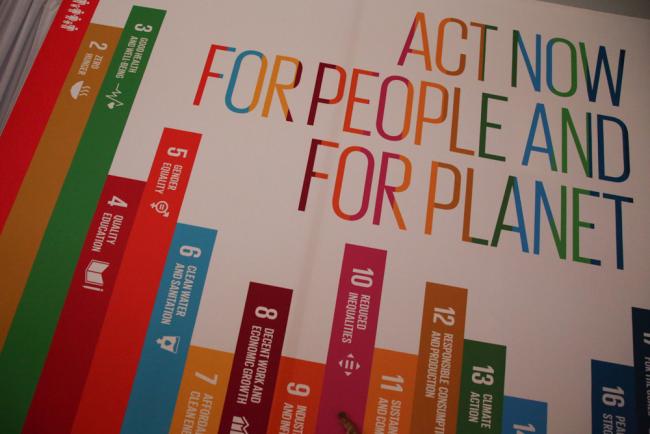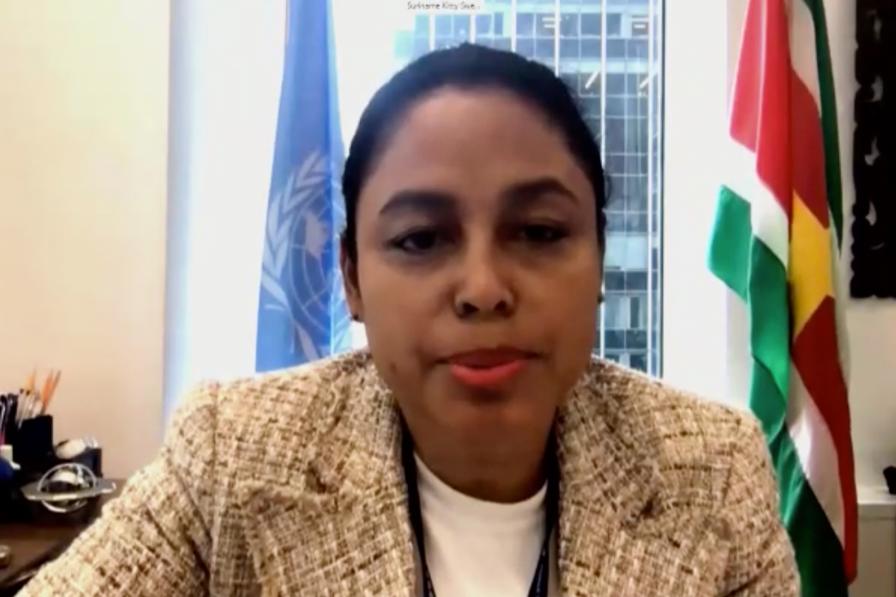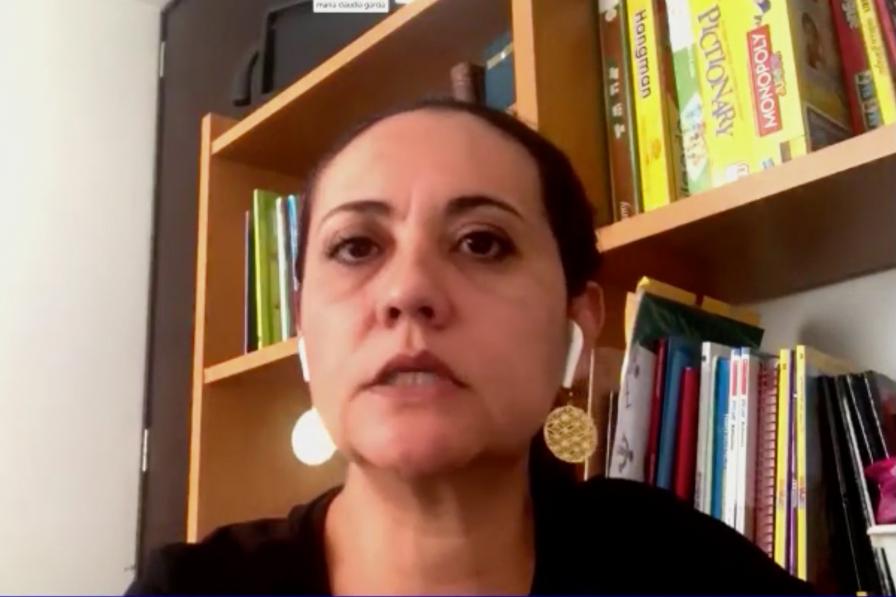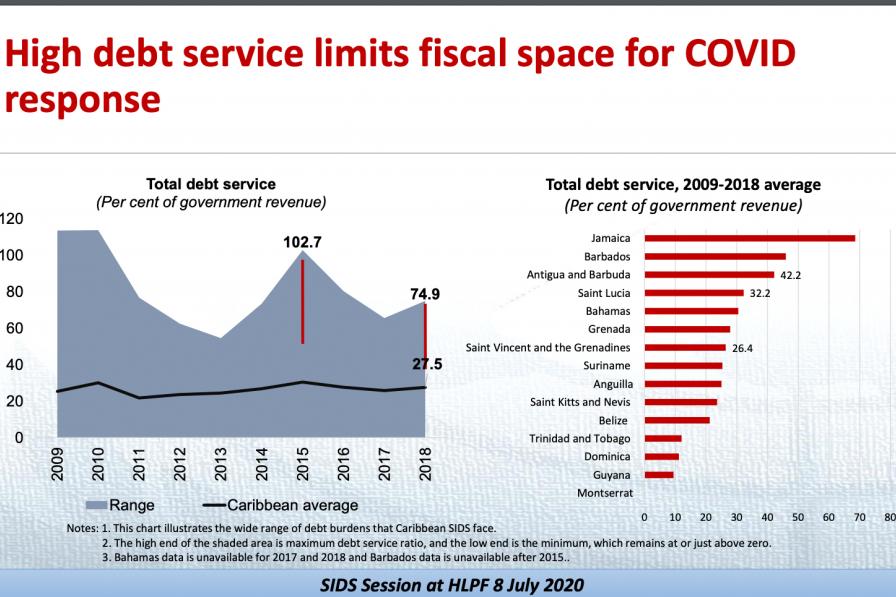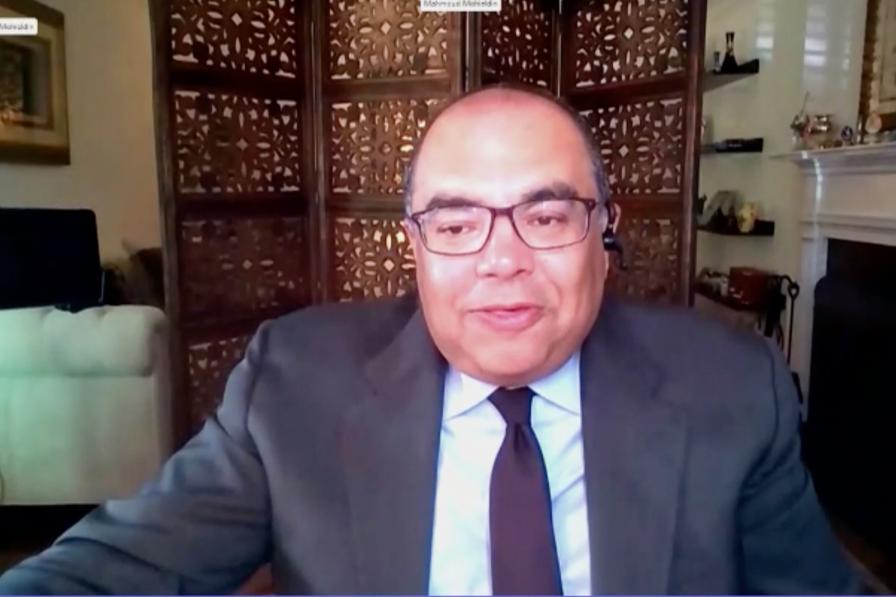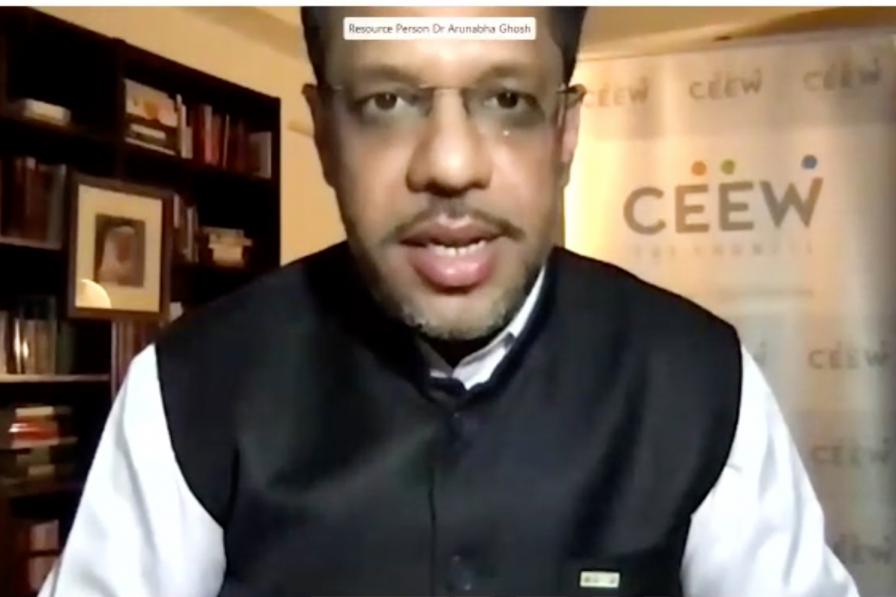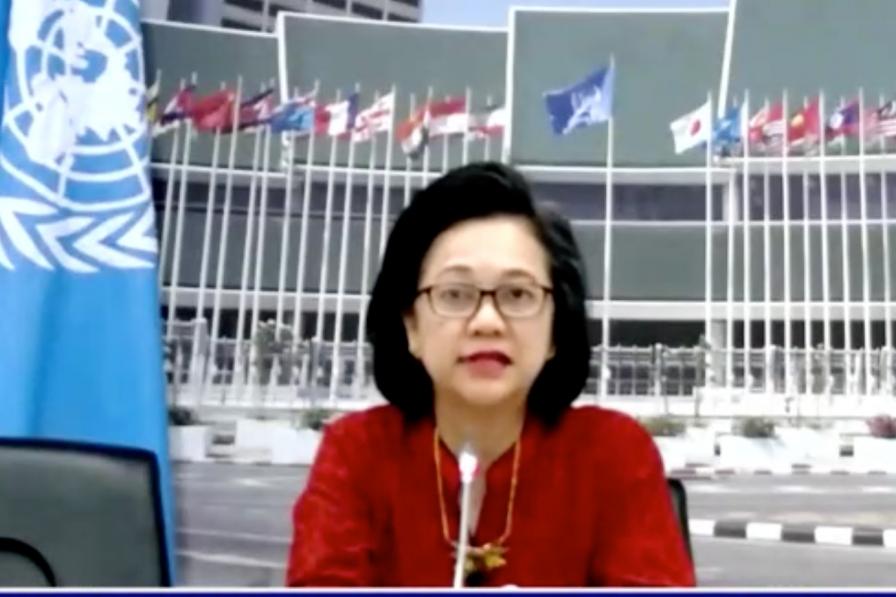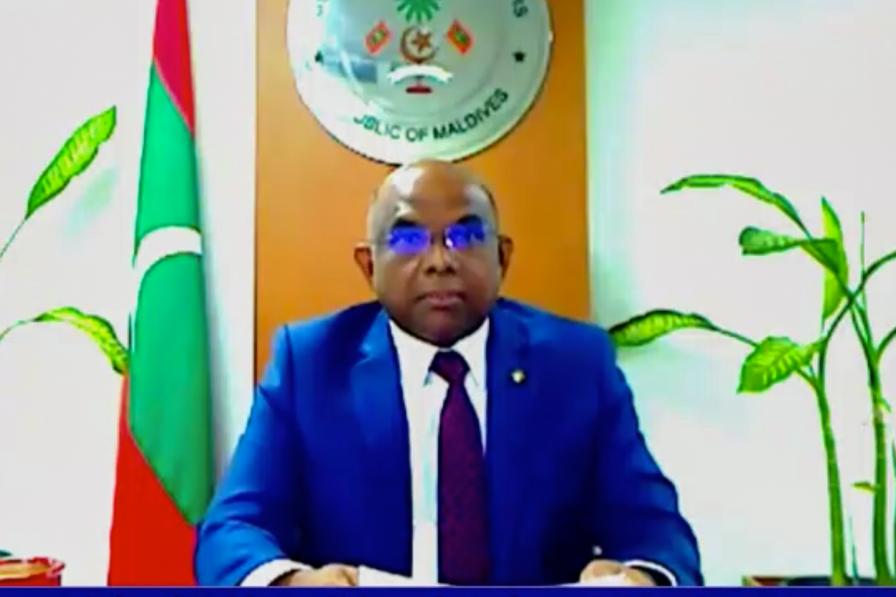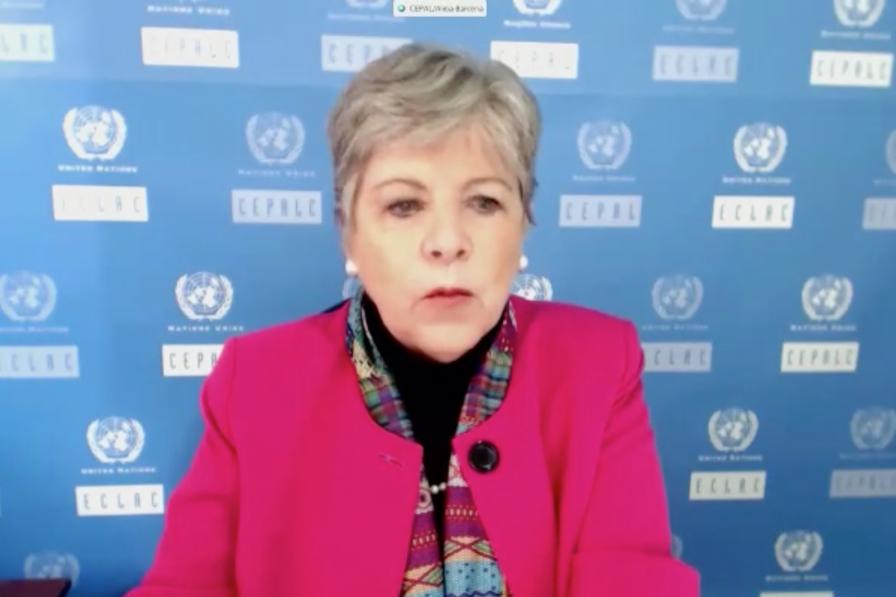COVID-19 has uncovered several shortcomings in both global and national systems, and the calls for reform were repeated during the second day of the HLPF. Discussions continued under the umbrella theme of “Building back better after COVID-19 and acting where we will have the greatest impact on the SDGs.”
In a session on “Responding to the economic shocks, relaunching growth, sharing economic benefits and addressing developing countries’ financing challenges” in the morning, experts called for measures such as: “a global risk pooling reserve fund” to cushion vulnerable countries against chronic risks, including climate change; social protection; and labor protection floors. In the discussion, governments shared national efforts to address the impacts of COVID-19, while describing global solidarity as the “only antidote” to its devastating impacts.
The “everyday challenges of smallness and isolation” of small island developing states (SIDS) were in sharp focus during the session on “Mobilizing international solidarity, accelerating action and embarking on new pathways to realize the 2030 Agenda and the SAMOA Pathway.” With tourism at a standstill, delegates from SIDS described themselves as “walking a tightrope” between vanishing revenue streams and a major pile-up of debt that needs servicing. Most of them are locked out from access to concessional finance because they fall into the middle-income country (MIC) category. The situation is “untenable,” and a number of speakers – not only from small islands – agreed that income indicators are too narrow as criteria for access to official development assistance (ODA) and other forms of concessional finance. Instead vulnerability, with all its dimensions should be the focus, said one delegate.
The session on “Protecting the planet and building resilience” discussed the importance of moving from disaster response to prevention, and of integrated approaches across the 2030 Agenda, the Sendai Framework for Disaster Risk Reduction, the Convention on Biological Diversity (CBD), and the Paris Agreement on climate change. The importance of prioritizing local traditions, needs, and aspirations to protect the planet was recognized. Governments were urged, among other things, to ensure that their recovery efforts: “do no further harm” to the health of people and nature; employ subsidies, incentives, investments, and regulations to encourage positive behavior; and mainstream the health of people and nature into all sectors of the economy.
Finally, a session on “Sustaining efforts to ensure access to sustainable energy” highlighted the synergies between efforts to achieve SDG 7 (access to affordable, reliable, and sustainable energy) and the 2030 Agenda, plan post-pandemic recovery, and address climate change.
